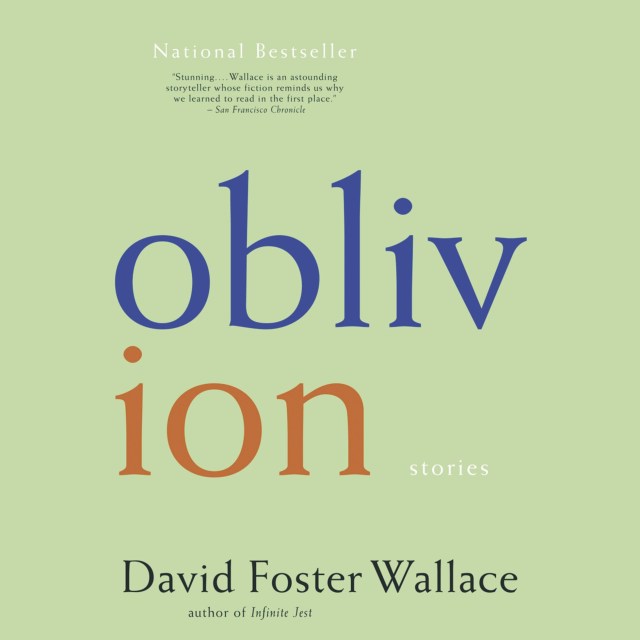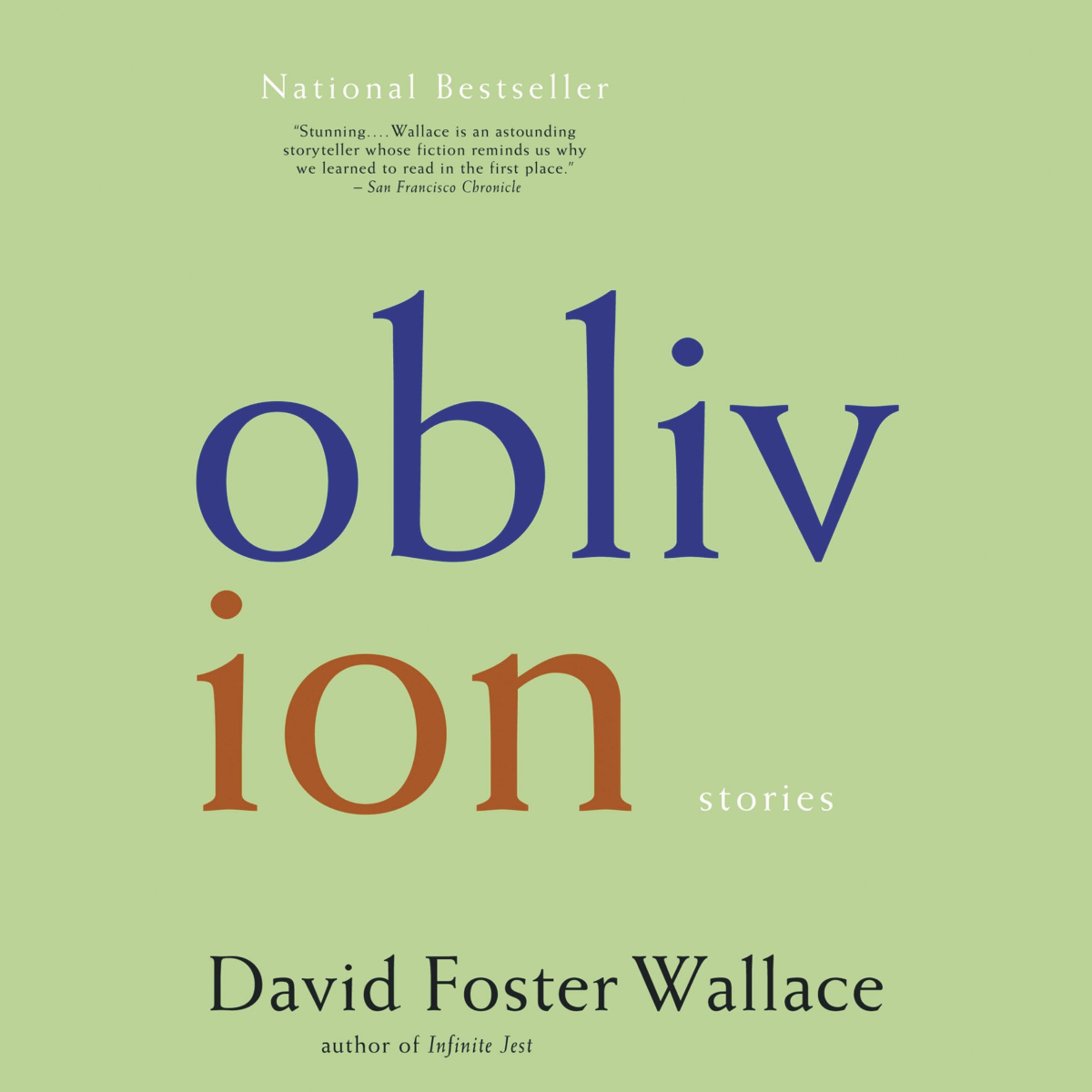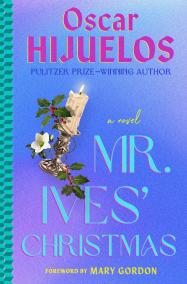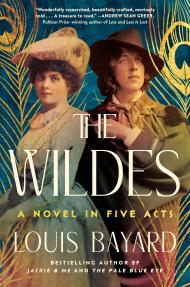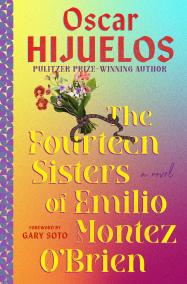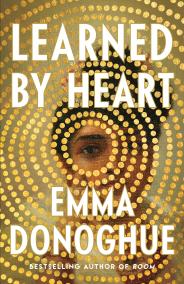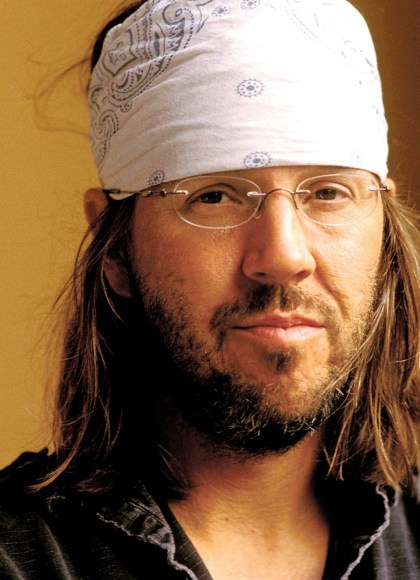Oblivion
Stories
Contributors
Read by Robert Petkoff
Formats and Prices
Format
Format:
- Audiobook Download (Unabridged)
- ebook $9.99 $12.99 CAD
- Trade Paperback $19.99 $25.99 CAD
Also available from:
In the stories that make up Oblivion, David Foster Wallace joins the rawest, most naked humanity with the infinite involutions of self-consciousness — a combination that is dazzlingly, uniquely his.
These are worlds undreamt of by any other mind. Only David Foster Wallace could convey a father’s desperate loneliness by way of his son’s daydreaming through a teacher’s homicidal breakdown (The Soul Is Not a Smithy). Or could explore the deepest and most hilarious aspects of creativity by delineating the office politics surrounding a magazine profile of an artist who produces miniature sculptures in an anatomically inconceivable way (The Suffering Channel). Or capture the ache of love’s breakdown in the painfully polite apologies of a man who believes his wife is hallucinating the sound of his snoring (Oblivion).
Each of these stories is a complete world, as fully imagined as most entire novels, at once preposterously surreal and painfully immediate.
These are worlds undreamt of by any other mind. Only David Foster Wallace could convey a father’s desperate loneliness by way of his son’s daydreaming through a teacher’s homicidal breakdown (The Soul Is Not a Smithy). Or could explore the deepest and most hilarious aspects of creativity by delineating the office politics surrounding a magazine profile of an artist who produces miniature sculptures in an anatomically inconceivable way (The Suffering Channel). Or capture the ache of love’s breakdown in the painfully polite apologies of a man who believes his wife is hallucinating the sound of his snoring (Oblivion).
Each of these stories is a complete world, as fully imagined as most entire novels, at once preposterously surreal and painfully immediate.
- On Sale
- Aug 7, 2012
- Publisher
- Hachette Audio
- ISBN-13
- 9781611135176
Newsletter Signup
By clicking ‘Sign Up,’ I acknowledge that I have read and agree to Hachette Book Group’s Privacy Policy and Terms of Use
